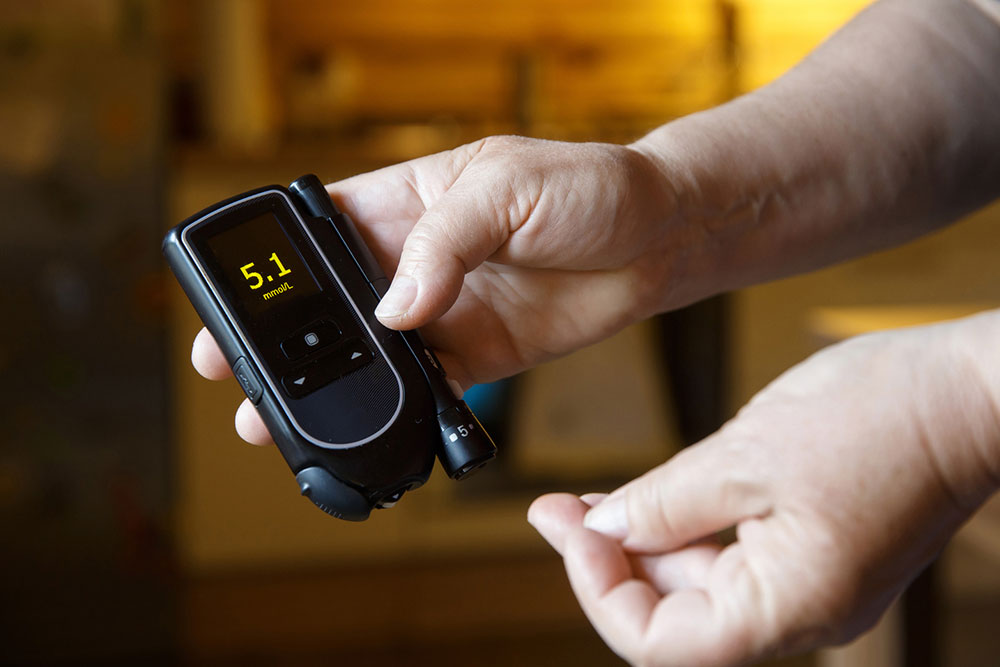
health
Herpes simplex virus – Symptoms, causes, and management
Herpes simplex virus (HSV), commonly known as herpes, is an infection that may result in painful blisters or ulcers. The disease is primarily spread through skin-to-skin contact. There are two types of the herpes simplex virus, type 1 and type 2. According to researchers, around 3.7 billion people under age 50 are diagnosed with herpes simplex virus type 1 (HSV-1) infection, and about 491 million aged 15 to 49 globally with herpes simplex virus type 2 (HSV-2) infection. Symptoms There are a few things that one should note about the symptoms of the herpes simplex virus. Most people with herpes do not experience any symptoms or only mild symptoms. Others might not even be aware that they have the infection and may pass it along to others unknowingly. The symptoms of the condition may include painful, recurring blisters or ulcers. Furthermore, new infections may result in body aches, a fever, and swollen lymph nodes. An individual with the disease might experience varied symptoms during the first episode of infection than when it recurs. If symptoms occur, they might begin with itching, tingling, or burning sensations near where the sores appear. The common symptoms of oral herpes include blisters (cold sores) or open sores (ulcers) around the mouth or lips.
Read More 















